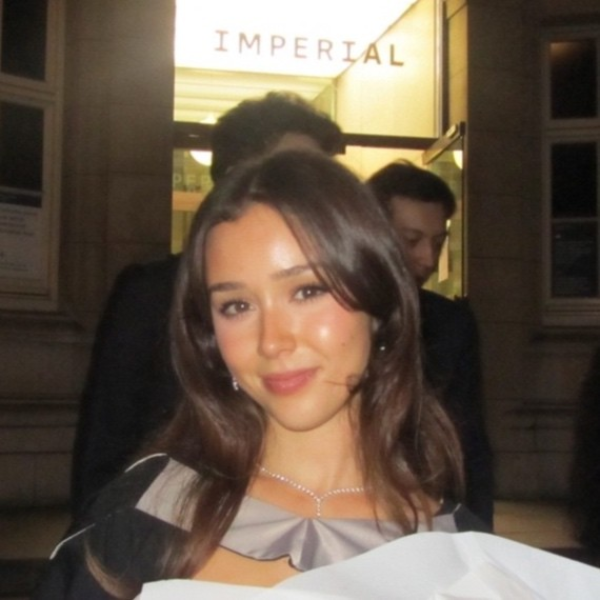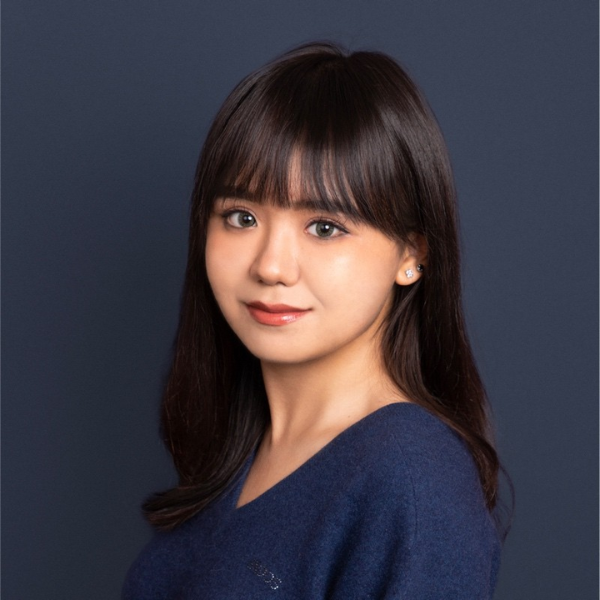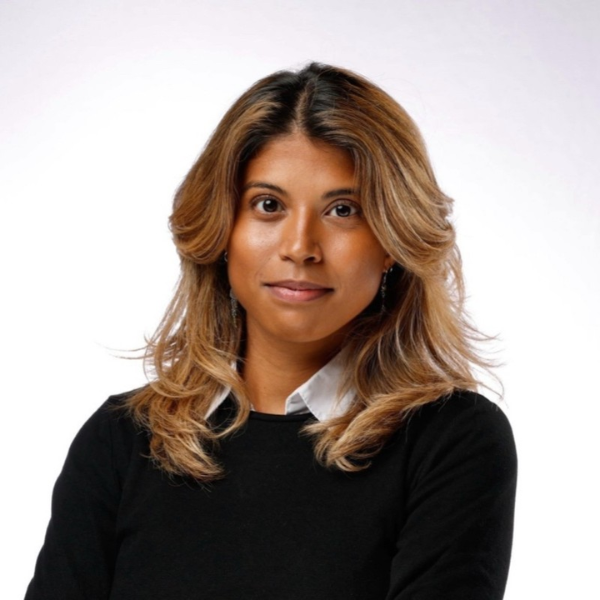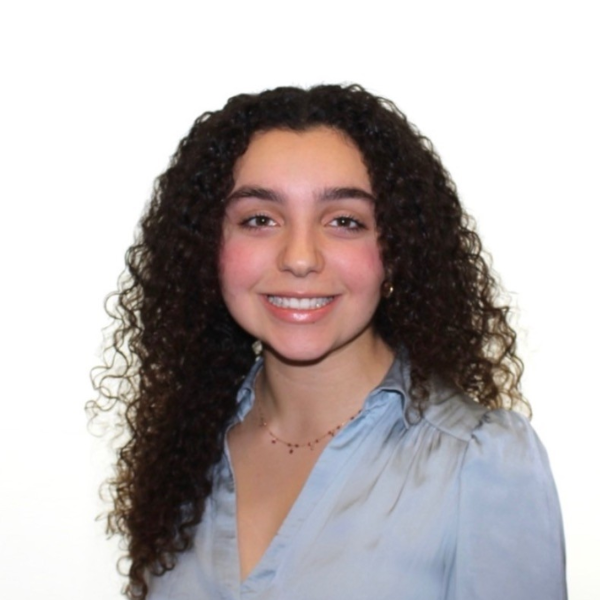INSEAD’s network feels tight-knit and sustained.
Nour Belhadj Benayiba

Can you tell us a bit about yourself?
I’m Moroccan, Austrian, and Spanish, born and raised in Abu Dhabi. I’m French-educated and grew up speaking Moroccan Arabic, Classical Arabic, French, English, and Spanish. I did my undergrad in Biomedical Engineering at Imperial College London, then spent a year at an energy tech company in Austria. After a short stint working remotely from London, I joined INSEAD.
Why the INSEAD MIM?
I’ve always wanted to build my own venture in biotech or med-tech.
INSEAD felt like the right place to meet entrepreneurs, expand my network, and pick up the business foundations I need before launching something in the next five years.
Compared with places I’ve studied before, INSEAD’s network feels tight-knit and sustained. The career support is also very present here. There are structured CV workshops, career fairs, and coaching that are much easier to access than what I experienced at Imperial.
What skills are you hoping to build?
On the soft side, learning how to socialise in a professional context and building resilience. On the hard-skills side, I came for business foundations: business development, tech entrepreneurship, the basics of finance and general management.
How have the first weeks been?
Intense in a good way. I was nervous about moving from London to a small town, but there is never a moment to be bored. There’s constant socialising, engaging classes, and plenty of career activity. I attended an online Medtronic session, and in marketing, we had a guest talk from Microsoft’s EMEA marketing director, which was a highlight.
Tell us about your home group and team experience.
Our group is Chinese, Lebanese, Belgian, French, and me. At first, it took time to find our balance and understand each other’s strengths. Now we have a smooth rhythm, a clear split of tasks, and we’ve grown close. I was unsure about being “fixed” in a group for a whole year, but that structure has helped. You sit together daily, you figure it out, and it pays off.
How are you using the Career Development Centre?
I’ve already met my career coach, who’s been responsive and practical, and will support interview prep when the time comes. CareerGlobe and the weekly newsletters keep opportunities visible. The CV workshop was especially useful thanks to constructive peer feedback. There are cover-letter workshops and active student societies, too. For me, the Healthcare Society is a good fit.
What is life in Fontainebleau like?
It feels warm and homey, almost like a summer camp. You run into the same people, share houses, drop by for dinners and parties, and build real connections.
Are you looking forward to Singapore?
Very much. I have not been to Singapore yet, only Malaysia. People say it can feel similar to the UAE, which will be familiar, but I’m excited for a bigger city and for field trips. I’m especially keen on the San Francisco study trip, given my interest in entrepreneurship.
Any advice for applicants?
Be authentic in your essays and interviews. I first wrote something very academic about projects and realised it said little about me. Rewriting with my life experiences and motivations made a difference.
Show who you are, not only what you’ve done. It also helps to have a sense of what you want the MIM to bring you, even if you’re still exploring.
What do you bring to the cohort?
Diversity of thought. As far as I currently know, I am the only biomedical engineer in my group, and during our feedback session, they told me they appreciate the different perspective I bring to problems.
If you could advise yourself from five weeks ago, what would you say?
Stay on top of classes from day one. Keep meeting new people rather than settling into one circle. Don’t be quick to judge. I had a bit of culture shock moving into a very business-oriented, networking-focused environment. Staying open-minded has made the experience much better.




